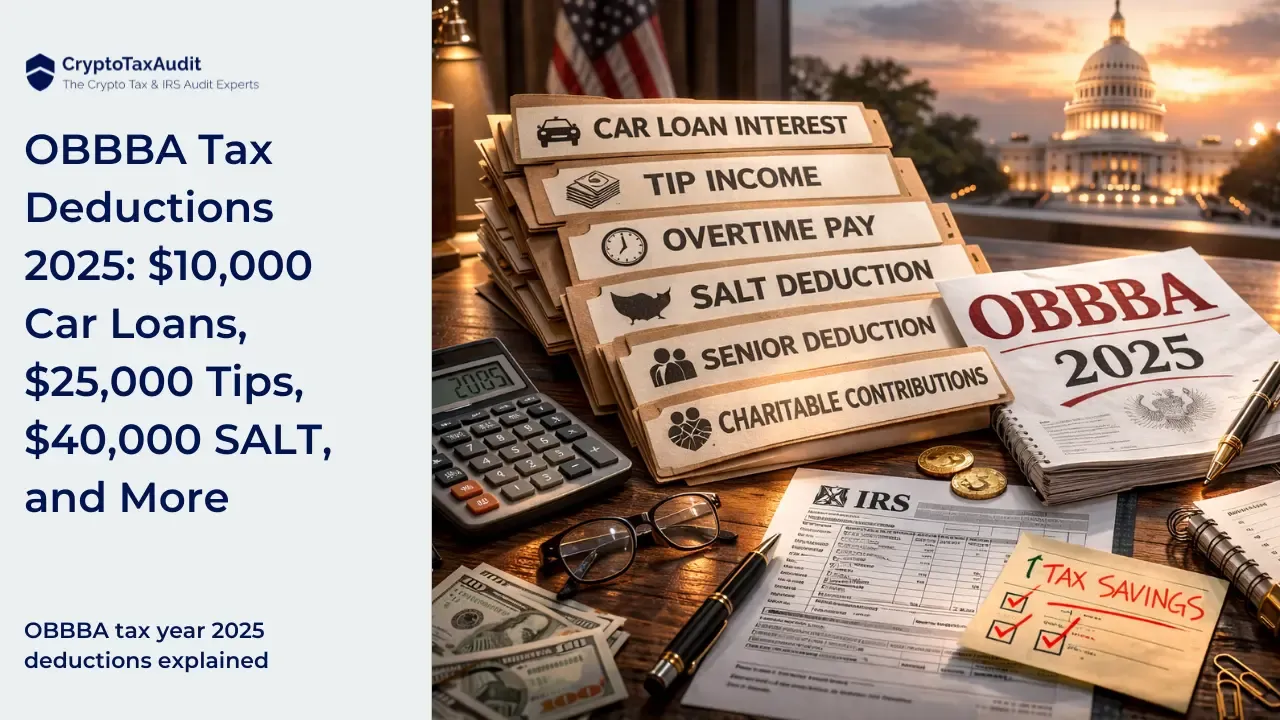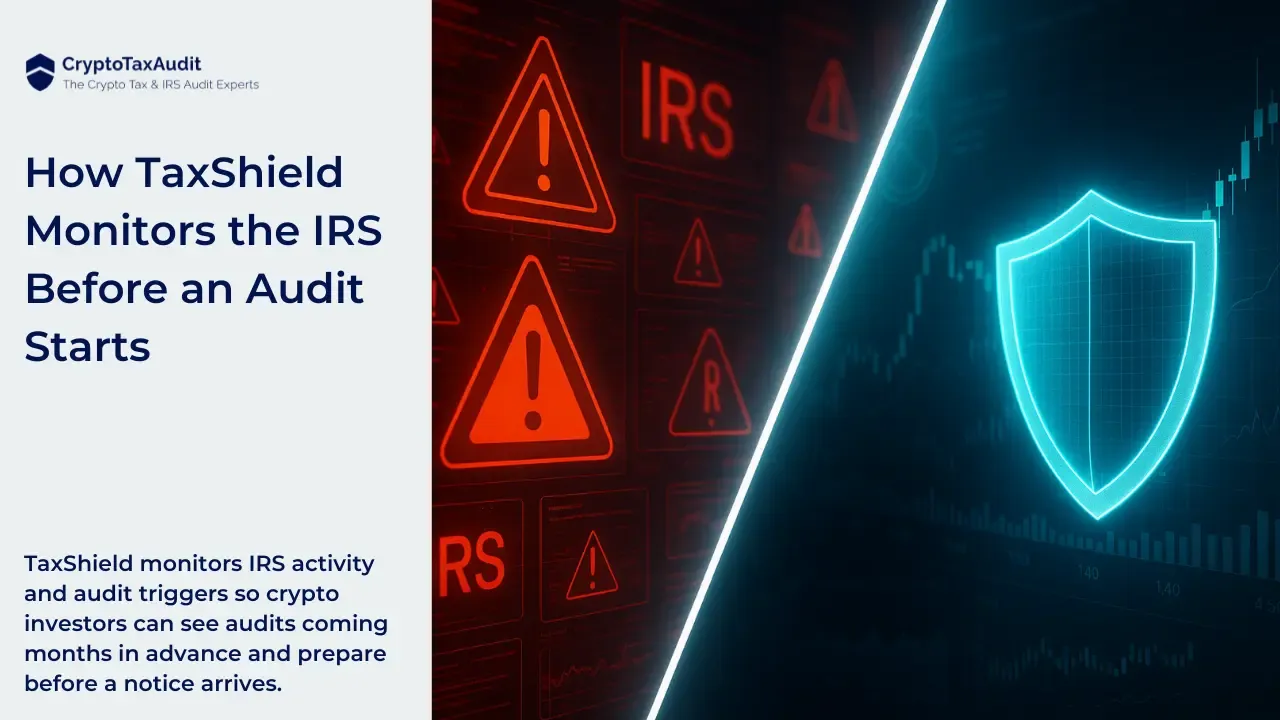Energy and Vehicle Credits
Jan 01, 2023Energy Efficient Home Improvement Credit
If you make qualified energy-efficient improvements to your home, you may qualify for a tax credit up to $3,200. The credit equals 30% of qualified expenses.
Annual limitations. The following annual limitations apply.
- The combined credit for all energy efficient home improvements is limited to $1,200 per year, except for (6), below.
- The credit for the following is limited to $600 per year.
— Central air conditioners.
— Natural gas, propane, or oil water heaters.
— Natural gas, propane, or oil furnaces or hot water boilers.
— Improvements or replacement of panelboards, sub-panelboards, branch circuits, or feeders.
— Windows and skylights. - The credit for exterior doors is limited to $250 per year per door and $500 total for all doors.
- The credit for insulation and air sealing materials or systems specifically and primarily designed to reduce heat loss or gain is limited to $1,200 per year.
- The credit for home energy audits is limited to $150 per year.
- Notwithstanding numbers (1) through (2d), above, the credit allowed for heat pumps and heat pump water heaters, biomass stoves and boilers is limited to $2,000 per year.
Labor costs. Labor costs for installing items (2e) through (4), above, do not qualify for the credit.
Primary residence only. Items (2e) through (5), above, only apply to costs associated with your main home.
Home energy audits. A home energy audit includes a written report and inspection. Home energy audits must be conducted by a qualified home energy auditor.
Nonrefundable credit. Any excess credit cannot be applied to future tax years.
Residential Clean Energy Credit
If you invest in renewable energy for your home you may qualify for an annual residential clean energy tax credit.
Qualified expenses. Qualified expenses include the cost of new clean energy property including:
- Solar electric panels.
- Solar water heaters.
- Wind turbines.
- Geothermal heat pumps.
- Fuel cells.
- Battery storage technology (with a capacity of at least 3 kilowatt hours).
Credit amount. The credit equals 30% of the cost of new, qualified clean energy property installed for your home.
Limits for fuel cell property. The credit for fuel cell property is limited to $500 for each half kilowatt of capacity.
Nonrefundable credit. Any excess credit can be carried forward and applied to future tax years.
Clean Vehicle Credit
You may receive a credit if you buy a new qualified plug-in electric vehicle (EV) or fuel cell electric vehicle (FCV).
Income limits. In order to qualify for the credit, your modified adjusted gross income (AGI) may not exceed:
- $300,000 MFJ or a QSS,
- $225,000 HOH, or
- $150,000 Single or MFS.
You can use your modified AGI from the year you take delivery of the vehicle or the year before.
Qualified vehicles. To qualify, a vehicle must:
- Have a battery capacity of at least 7 kilowatt hours.
- Have a gross vehicle weight rating of less than 14,000 pounds.
- EVs must be made by a qualified manufacturer.
- Undergo final assembly in North America.
- Meet critical mineral and battery component requirements.
- The vehicle’s manufacturer suggested retail price (MSRP) cannot exceed:
— $80,000 for vans, sport utility vehicles, and pickup trucks, or
— $55,000 for any other vehicle.
The seller must report required information to you at the time of the sale.
Credit amount. If the vehicle meets only the critical minerals requirement or the battery components requirement, the credit is $3,750. If the vehicle meets both requirements, the credit is $7,500.
Nonrefundable credit. Any excess credit cannot be applied to future tax years.
Assignment of credit. Instead of taking a credit on your tax return, you may assign the credit to the dealer as a form of either a partial payment or down payment on the vehicle. If you do this but do not qualify for the credit based on your AGI, you will have to pay the credit back when you file your
tax return for the year.
Lookup tool. To find out which vehicles qualify for the credit, and the amount of the credit the vehicle qualifies for, go to www.fueleconomy.gov/feg/tax2023.shtml.
Previously-Owned Clean Vehicle Credit
You may receive a credit if you buy a used qualified plug-in electric vehicle (EV) or fuel cell electric vehicle (FCV).
Income limits. In order to qualify for the credit, your modified adjusted gross income (AGI) may not exceed:
- $150,000 MFJ or a QSS,
- $112,500 HOH, or
- $75,000 Single or MFS.
You can use your modified AGI from the year you take delivery of the vehicle or the year before.
Qualified vehicles. To qualify, a vehicle must:
- Have a sale price of $25,000 or less.
- Have a model year at least 2 years earlier than the calendar year when you buy it. For example, a vehicle purchased in 2024 would need a model year of 2022 or older.
- Not have already been transferred after August 16, 2022, to a qualified buyer.
- Have a gross vehicle weight rating of less than 14,000 pounds.
- Be an eligible FCV or plug-in EV with a battery capacity of at least 7 kilowatt hours.
- Be for use primarily in the United States.
The sale qualifies only if:
- You purchase the vehicle from a dealer, and
- For qualified used EVs, the dealer reports required information to you at the time of the sale and to the IRS.
Credit amount. The amount of the credit is 30% of the sale price up to a maximum credit of $4,000.
Nonrefundable credit. Any excess credit cannot be applied to future tax years.
Assignment of credit. Instead of taking a credit on your tax return, you may assign the credit to the dealer as a form of either a partial payment or down payment on the vehicle. If you do this but do not qualify for the credit based on your AGI, you will have to pay the credit back when you file your tax return for the year.
Lookup tool. To find out which vehicles qualify for the credit, go to www.fueleconomy.gov/feg/taxused.shtml.
Nonrefundable Credit
A nonrefundable credit is limited to the amount you owe in income taxes. It will not decrease your self-employment taxes and cannot give you additional money back as a refund.
Copyright © 2024 Tax Materials, Inc.
All Rights Reserved





